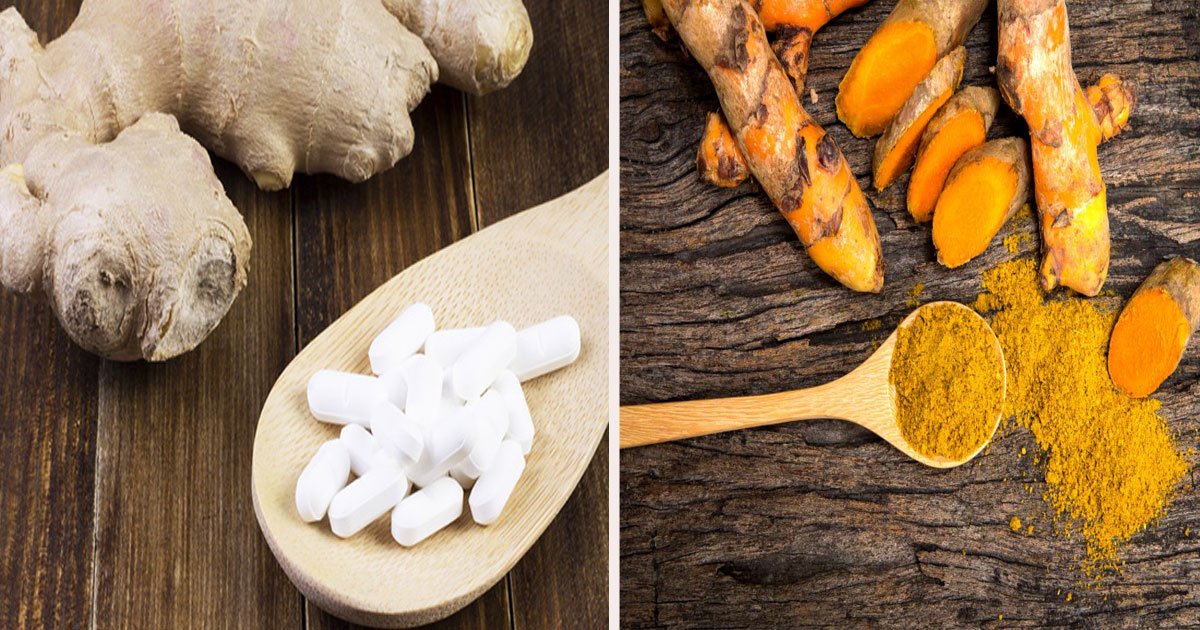When you’re talking about thinning the blood, you have to be quite accurate in order to prevent deleterious side effects.
In the case of blood thinners, I’m not aware of any natural remedies that have a comparable effect on pharmaceuticals.
Your body has a way of protecting you from bleeding. Most of the time your blood’s ability to clot is a good thing. But there are times when blood clots can be dangerous.
If you have certain conditions, like an irregular heart rhythm or a congenital heart defect, or if you’ve had certain procedures, like heart valve surgery, your doctor may prescribe a blood thinner. These conditions and the surgery increase the chance of life-threatening blood clots. Such clots may cause a heart attack or stroke. Blood thinners lower your chance of heart attack and stroke by lessening the chance that blood clots form.
There are also some ingredients found in nature that some believe help reduce the risk of clotting. However, they haven’t been tested and compared against prescription blood thinners. You may want to talk to your doctor about the following natural remedies which have been reported to help thin the blood. Again, never take them instead of or with your prescription blood thinning medication.
1. Turmeric
Turmeric is a spice that gives curry dishes a yellow color, and it’s long been used as a folk medicine. According to a study, the main curative ingredient, curcumin, works on platelets to prevent clots from forming.
2 .Ginger is in the same family as turmeric and contains salicylate, an acid found in many plants. Acetylsalicylic acid, derived from salicylate and usually called aspirin, can help prevent stroke. Foods with salicylate, such as avocados, some berries, chilies, and cherries, can also keep blood from clotting. More studies are needed to see if they’re as effective as prescription medicines.
3. Cinnamon
Cinnamon and its close cousin, cassia, are both widely available and contain coumarin, a chemical that acts as a powerful anticoagulant. When ingested with cinnamon and cassia, coumarin may also lower blood pressure and relieve inflammation caused by arthritis and other inflammatory conditions. However, studies done in humans don’t provide evidence cinnamon of use for any health-related condition.
Use caution when using cinnamon as a blood thinner. Some studies show long-term cinnamon consumption in foods, including cinnamon-based bread and teas, can cause liver damage.
4. Cayenne peppers
Cayenne peppers can have a powerful blood-thinning effect on your body because of the high amount of salicylates in them. Cayenne peppers can be taken in capsules or easily ground up as a spice for food. In addition to thinning your blood, cayenne peppers can lower your blood pressure and increase circulation.
If you are already taking blood-thinning medication such as warfarin, refrain from taking the above-mentioned alternatives to aspirin without first consulting your primary health care provider. Otherwise, you may experience excessive bleeding which is just as risky as developing a blood clot.
Recommended Video!
“7 Easy Flat Belly Exercise Hacks You Can Do In A Chair”




